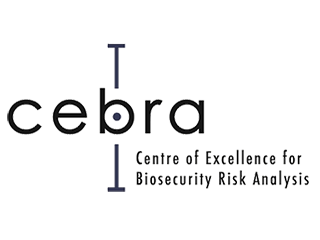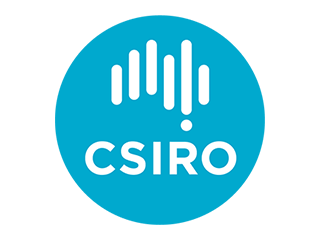About EcoCommons
EcoCommons is a pioneering collaborative commons, uniting researchers and practitioners in a community of practice to advance ecological and environmental analysis and modelling.

A collaborative platform
EcoCommons is a pioneering collaborative commons, uniting researchers and practitioners in a community of practice to advance ecological and environmental analysis and modelling
EcoCommons Australia is currently supported by the Australian Research Data Commons and the Queensland Cyber Infrastructure Foundation. Since its launch in November 2023, the EcoCommons platform has been expanding and now offers services to >1200 users.
EcoCommons core services include access to curated environmental datasets and intuituve modelling tools (e.g., species distribution models) similar to those previously offerred by BCCVL. Users can also take advantage of new workflows developed in scalable Jupyter notebooks served across major cloud services (e.g., Google Colab). EcoCommons remains committed to supporting digital literacy by providing ready-to-use learning materials and user support.
As the team works on developing new functionalities and partnerships, EcoCommons continues to facilitate best practice modelling across various scientific domains and jurisdictions.

Our partners











- EcoCommons Australia partners with the Australian Research Data Commons (ARDC), which is supported by funding from the National Collaborative Research Infrastructure Strategy (NCRIS) https://doi.org/10.47486/PL108.

